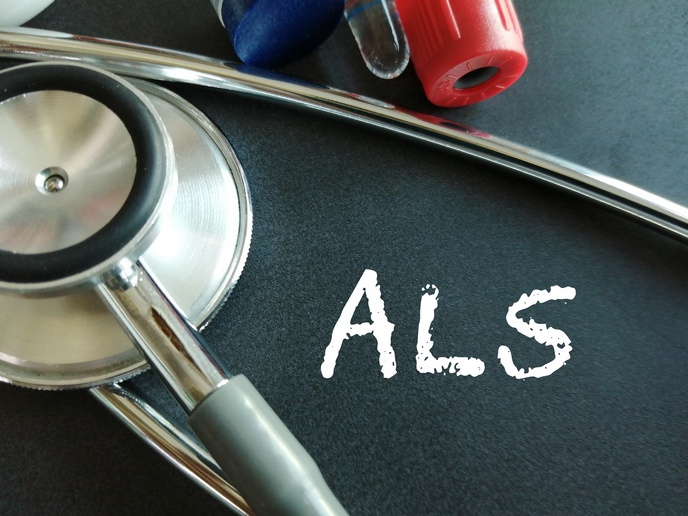Serbia takes the lead in rare diseases research
The project SERBORDISINN(opens in new window) (Strengthening the research potential of IMGGE through reinforcement of biomedical science of rare diseases in Serbia - En route for innovation) supported the study of molecular markers for RDs and established RD-specific databases and biobanks in both Serbia and the Balkans. New equipment, including a next-generation sequencing platform, enabled IMGGE research capacity to be upgraded with regard to material resources and molecular genetics methodologies. The ability to perform cutting-edge basic and translational research as well as diagnostics for RDs resulted in the submission of high-impact research results to leading scientific publications. At the heart of any genetic testing is biological samples storage and database facilities for information collection. Thus, IMGGE biobanks now house several thousand samples of different RDs. Access is available online through the SERBORDISINN website as well as the IMGGE website(opens in new window). A Serbian National Genetic Database(opens in new window) has also been established. The establishment of molecular genetic databases to complement national patients' registries for RDs through SERBORDISINN will make it much easier to recruit patients for clinical trials. For example, patients can be informed about relevant new treatments, while scientists can be kept informed about the prevalence of distinct rare disorders. Training focused on more than 40 researchers. In addition, 16 international experts have visited IMGGE and the number of partner institutes has already increased. Several IMGGE awareness-raising events have also taken place, including open days, 'Rare Disease Days', workshops and dissemination of leaflets. The Genomics of Rare Diseases symposium in Belgrade was particularly noteworthy, focusing national, regional and European attention on the activities of the SERBORDISINN project and involving 120 participants and almost 40 speakers. Success in networking with all the RD medical institutions in Serbia has resulted in strategic partnerships that will help improve treatment of RD patients. Horizon 2020-geared activities included the posting of the IMGGE profile on their project's website(opens in new window). SERBORDISINN has helped to prepare the Institute for EU funding under the Horizon 2020 Work Programme. Together with the upgrade in research potential, IMGGE has become an outstanding centre in the field of molecular genetics of RDs and a role model for the Serbian scientific community.







